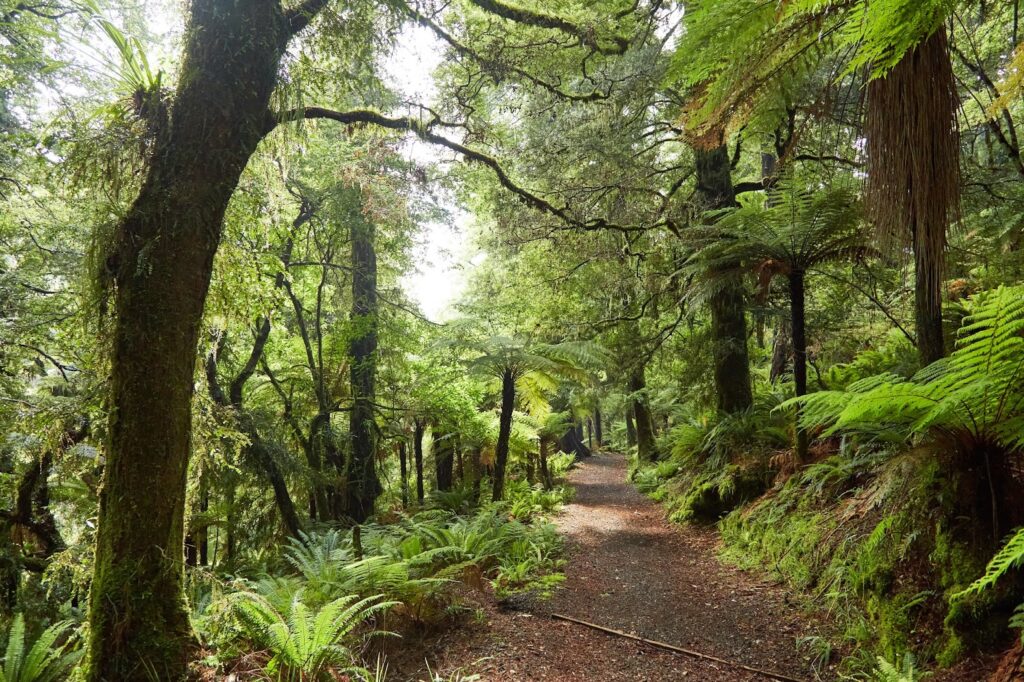In brief
- Indigenous Biodiversity is part of the new Resource Management Act.
- It calls for co-governance arrangements between local governments and tangata whenua to identify and manage “Significant Natural Areas”.
- NZ First and ACT have pledged to scrap the NPSIB (National Policy Statement for Indigenous Biodiversity 2023).
What is the National Policy Statement for Indigenous Biodiversity?
Climate Change Minister James Shaw has introduced The National Policy Statement for Indigenous Biodiversity (NPSIB) as part of a suite of changes said to be a response to New Zealand’s declining biodiversity. It applies to “all land types/tenures”, public and private, across New Zealand, and some wetlands.
The NPSIB directs councils to identify Significant Natural Areas (SNAs) within the next five years, and require all councils to have a regional biodiversity strategy.
The expectation is “at least no overall loss in indigenous biodiversity” from 4 August 2023.
What is the relationship of the NPSIB to co-governance?

The NPSIB references the “principles” of the Treaty of Waitangi and requires local governments to “form strong and effective partnerships with tangata whenua [Māori people of a particular locality]”. Every local and territorial authority must involve tangata whenua “to the extent they wish to be involved” as partners in the identification of SNAs and management of indigenous biodiversity.
Will the NPSIB affect property rights?
Landowners are seen as “stewards” of this biodiversity.
Democracy Action notes:
“It is one thing to have democratically accountable governing bodies making decisions that will lead to restrictions on the use of private property. It is quite another to have a group of citizens, identified in the NPSIB as tangata whenua, directly involved in the decision-making and management of areas that include private land.
Democracy Action further notes the exemptions built into the statement in relation to Māori land:
“When it comes to the development of Māori land, provision is made ‘to enable new occupation, use, and development of specified Māori land to support the social, cultural, and economic wellbeing of tangata whenua’ and ‘recognise that there are circumstances where development will prevail over indigenous biodiversity.’”
In an article in Rural News, New Zealand Forest Owners Association (NZFOA) president Grant Dodson says how SNAs are defined is too vague. “If the plant species is rare, it gets included. If it’s common, it gets included as ‘typical’ to the area,” he says. It does sound like a potential “heads you win, tails I lose”.
Māori spiritual beliefs further codified into law
The NPSIB “prioritises the mauri” [life force] of indigenous biodiversity. It references “whakapapa” (genealogical) relationships and “the obligation and responsibility of care that tangata whenua have as kaitiaki [guardianship] of indigenous biodiversity”. One objective is to “enable the application of te ao Māori [Māori worldview] and matauranga Māori [Māori knowledge]”.
These are all terms that are vague and open to interpretation.
Shane Jones of NZ First says judges have “no business” passing judgement on the extent, character and form of Māori spiritual concepts. “They shouldn’t even be in the law,” he says.
Biodiversity credits
The Government is calling on the public to submit comments until 3 November 2023 on how a system of “biodiversity credits” may be instituted to “provide financial incentives to manage land in a way that benefits both wildlife and local communities”.
Opposition parties vow to scrap the NPSIB
New Zealand First say they will repeal the NPSIB.
“No one, especially farmers or for that matter Māori, voted for Tangata Whenua co-governance in our Resource Management Act.”
ACT proposes a biodiversity fund for local governments to ensure critical wetlands and areas of indigenous bush are protected.





















